As we all know, climate change is one of the biggest challenges of this century. It affects everyone in the world, which will be a particular challenge for all vulnerable groups and future generations. This issue not only requires collective action, but also an equitable approach for all parties involved, both in developed and developing countries. So that all parties can contribute proportionally according to their respective capacities and responsibilities.
In this context, principles of equity such as reducing vulnerability and intergenerational responsibility become very important goals to be integrated in global climate policy. Although theories such as those proposed by Darrel Moellendorf in “Climate Change Justice” are often referenced (Mollendorf, 2015), our main focus should be on how this justice is applied in reality, especially in developing countries such as Indonesia. What about those who fall into the category of vulnerable groups? Have they received this justice? Vulnerable groups here are people who have the potential to receive the worst impacts of this climate change phenomenon. They are people who belong to the urban poor and small island states. They are the ones most affected by climate change. They also face major risks such as sea level rise, flooding and drought, but have limited resources to protect themselves. For example, countries like the Maldives and Kiribati face existential threats from sea level rise (Rahmania, 2024), while in Indonesia, Jakarta is the city with the most significant risk of sinking. Therefore, to protect these vulnerable groups, collaborative efforts, advanced technology and financial support from developed countries are urgently needed. This approach will not only reduce their vulnerability, but it will also build and reflect the global solidarity that we desperately need to face the climate crisis together.
Intergenerational Responsibility: Safeguarding the Rights of the Future
As we face the climate crisis together, every decision we make today has a profound impact on future generations. The management of natural resources, such as tropical forests in Kalimantan and Papua, is a clear example of how today’s policies can affect future global ecosystems (FWI, 2024). Unbridled exploitation for economic gain today must be balanced with strong environmental protection policies. A moratorium on logging licenses is one concrete step that can be taken to maintain ecosystem sustainability. However, again and again implementation challenges often come from domestic economic and political pressures.
On the other hand, the imbalance of responsibility is also a serious problem. This imbalance of responsibility between developed and developing countries continues to be debated in global climate discussions. This is because developed countries, which are often the biggest polluters, do not receive the appropriate consequences and impacts. Instead, it is developing countries that are the biggest recipients of the impacts, even though they are sometimes less significant polluters than developed countries. The debate then becomes asking developed countries to contribute more because of their historical role in carbon emissions. So that developing countries do not have to carry such a huge burden alone.
The best solution may lie in a needs- and capacity-based approach. Climate finance, green technology transfer, and per capita emissions-based policies are some of the mechanisms that are suitable to bridge this gap. The Paris Agreement, for example, emphasizes the importance of global cooperation to limit temperature rise, but its implementation requires local adjustments that take into account each country’s context.
Adaptation and Compensation: Who is Responsible?
So what about adaptation? Adaptation to climate change still requires enormous investment, especially in climate-resilient infrastructure and advanced technologies that can help people adapt to new conditions due to climate change. For example, Sub-Saharan Africa needs support to cope with worsening droughts. Similarly, coastal areas in Indonesia need additional protection against rising sea levels.
The “polluter pays” principle can be the basis for financing this adaptation, as mentioned earlier so that developing countries that are not as significant polluters as developed countries do not bear all the burdens that they may not cause. Yes, but again and again everything has its challenges, including this principle which requires strong international cooperation to implement. Multilateral approaches, such as strengthening the Green Climate Fund, can be used to ensure that poor countries have access to the funds and technologies they need without compromising their economic growth.
Towards Global Solidarity
The climate crisis requires global solidarity that transcends national borders and individual interests. This global crisis is our collective plight. If we do not work together to alleviate this problem, it will not be solved. Developed countries should take the lead by providing financial and technological support, while developing countries should be encouraged to adopt low-carbon policies gradually. This approach not only reflects collective responsibility but also provides an opportunity to build a more sustainable future.
Furthermore, the participation of civil society, the private sector and non-governmental organizations also plays an important role in accelerating the energy transition and driving innovation. Public awareness campaigns and education programs can help shift people’s behavior in a more sustainable direction, while investments in renewable energy can create new jobs while reducing dependence on fossil fuels. Community-based approaches can also be effective solutions to adaptation challenges at the local level. Examples include sustainable water resource management in drought-prone villages or community-led reforestation initiatives in deforested areas. By empowering local communities, solutions are not only more relevant but also more sustainable in the long run.
In addition to community-based approaches, technology and innovation also play an important role in mitigating the impacts of climate change. Technologies such as solar energy, wind energy and green hydrogen can significantly reduce carbon emissions if widely implemented. In Indonesia, the potential for solar and wind energy is huge, but utilization is still relatively low due to lack of infrastructure and investment. So the government and private sector can collaborate in accelerating the adoption of these technologies by providing incentives, subsidies, and supportive regulations. In addition, innovations in agriculture such as precision farming and climate-resilient crop varieties can also help people who depend on this sector to adapt to extreme weather changes.
Conclusion
By integrating principles of equity into every step we take, we not only protect the vulnerable but also ensure that future generations have the opportunity to live on a healthy planet. Climate change is a test of our global solidarity, and only through equitable cooperation can we overcome it. The future depends on our ability to adapt, innovate and work together in a spirit of solidarity for the survival of the earth and all that it contains.
Bibliography
FWI. (2024). Hutan Papua dan Kalimantan Alami Deforestasi yang Tinggi. Retrieved from https://fwi.or.id/hutan-papua-dan-kalimantan-alami-deforestasi-yang-tinggi/
Mollendorf, D. 1. (2015). Climate Change Justice (Vol. 10). Philosophy Compass. doi:https://doi.org/10.1111/phc3.12201
Rahmania, D. (2024). Negara Pulau Kiribati di Bawah Ancaman Kenaikan Permukaan Laut. greennetwork. Retrieved from https://greennetwork.id/kabar/negara-pulau-kiribati-di-bawah-ancaman-kenaikan-permukaan-laut/
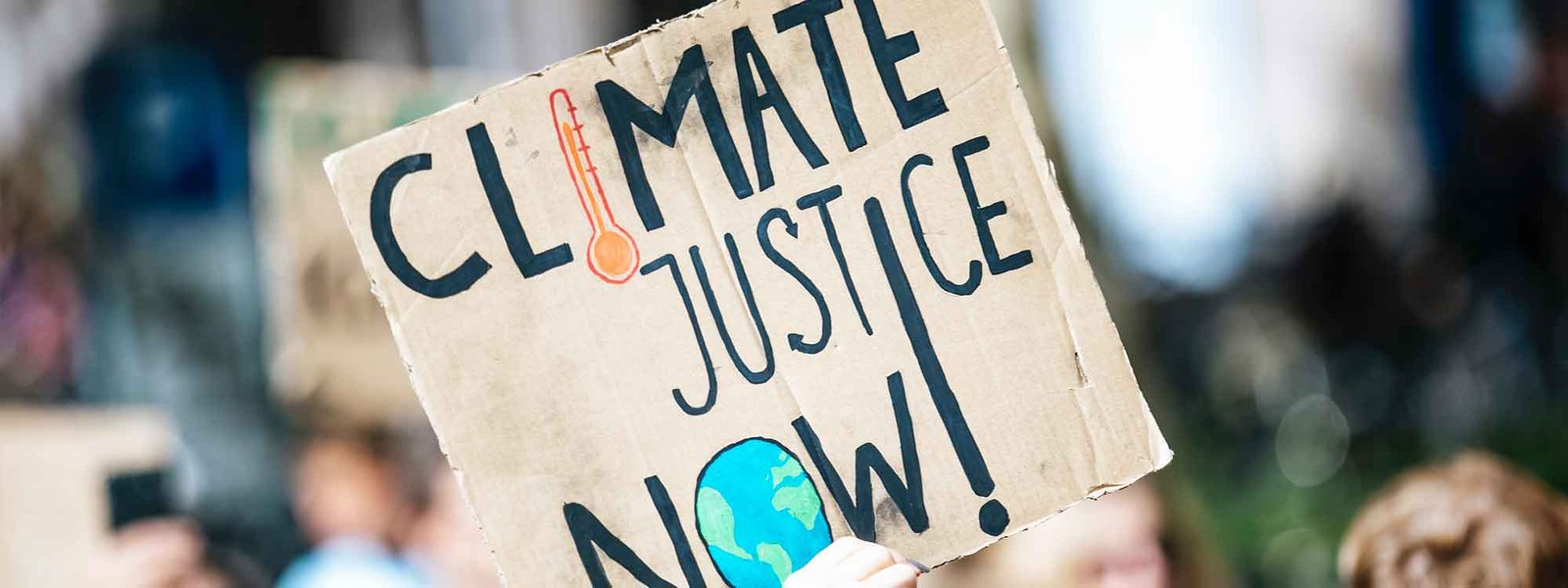
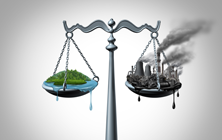
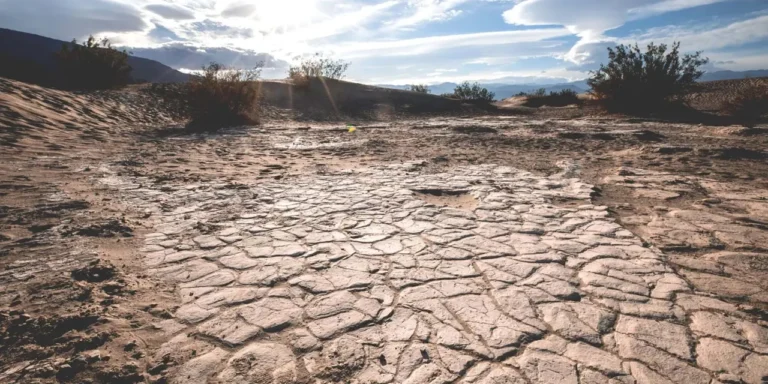

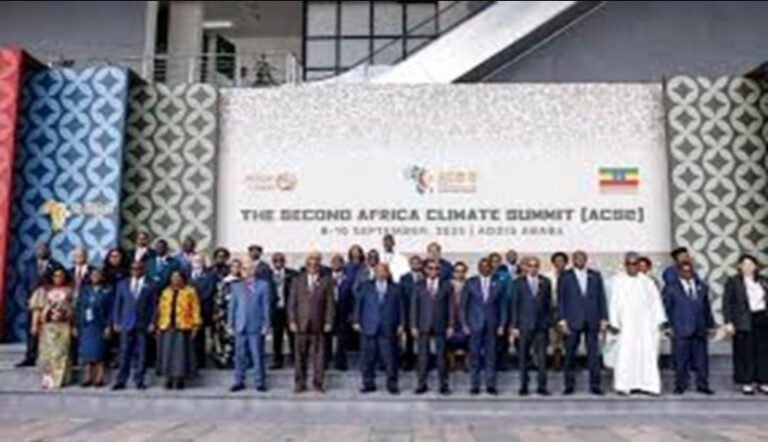

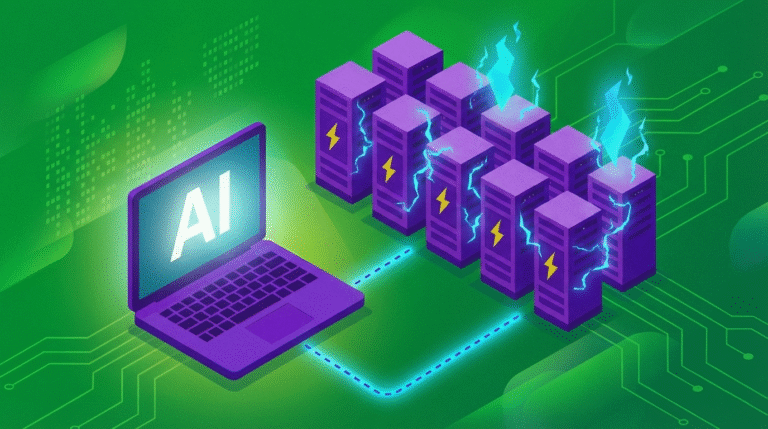
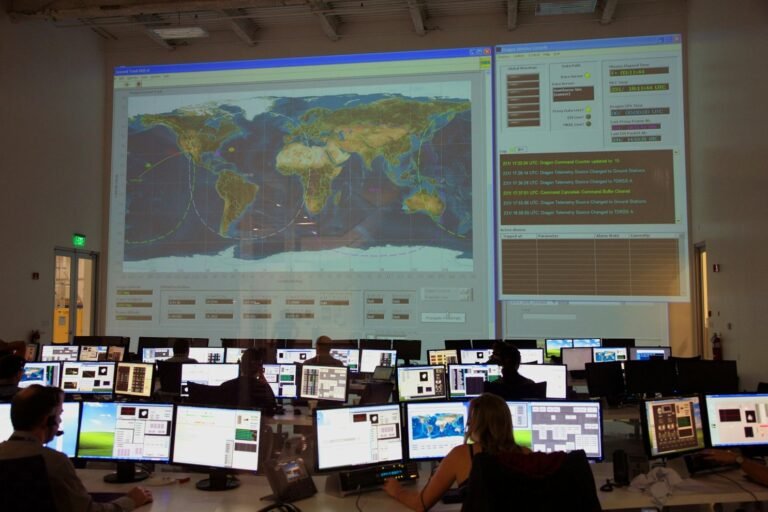
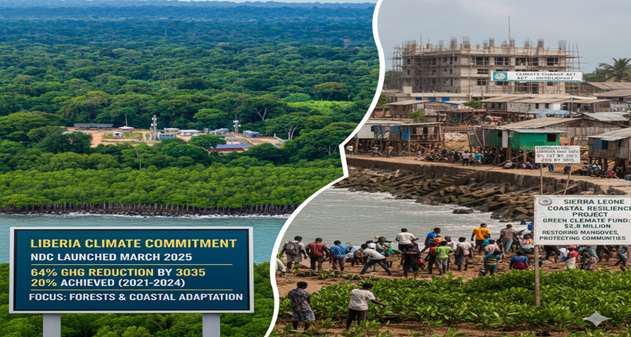
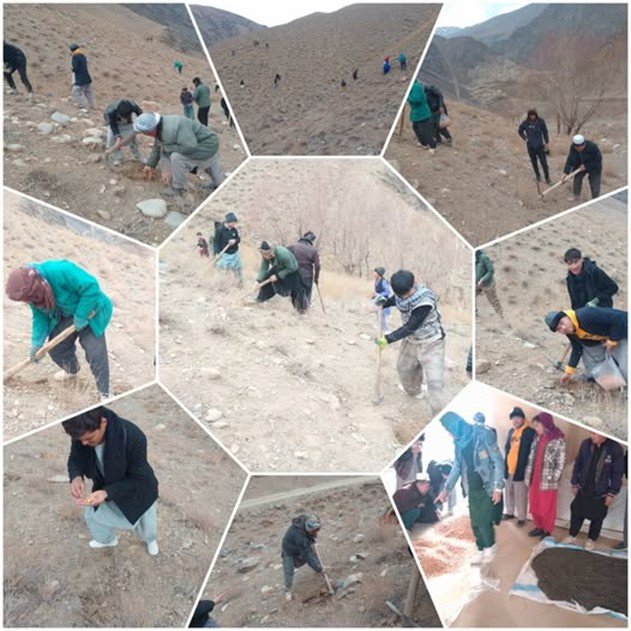
88vinpro is pretty solid, been messing around on there lately. Smooth experience, some fun bonuses- I’d say give it a shot if you’re looking. 88vinpro
32phfun… hmmm, never heard of it! Is it any good? Share your thoughts guys! I’m always skeptical of new platforms but always willing to try something out as long as it pays out! Heard any good things about their customer service? Thinking about giving 32phfun a spin.
Hey guys, anyone catch the ‘đá gà c1 hôm nay’ matches? Was hoping for some good fights! Check it out here đá gà c1 hôm nay if you missed it.
After study a few of the blog posts on your website now, and I truly like your way of blogging. I bookmarked it to my bookmark website list and will be checking back soon. Pls check out my web site as well and let me know what you think.
You really make it seem so easy with your presentation but I find this topic to be really something that I think I would never understand. It seems too complicated and very broad for me. I’m looking forward for your next post, I’ll try to get the hang of it!
I don’t even know how I ended up here, but I thought this post was great. I do not know who you are but certainly you are going to a famous blogger if you are not already 😉 Cheers!